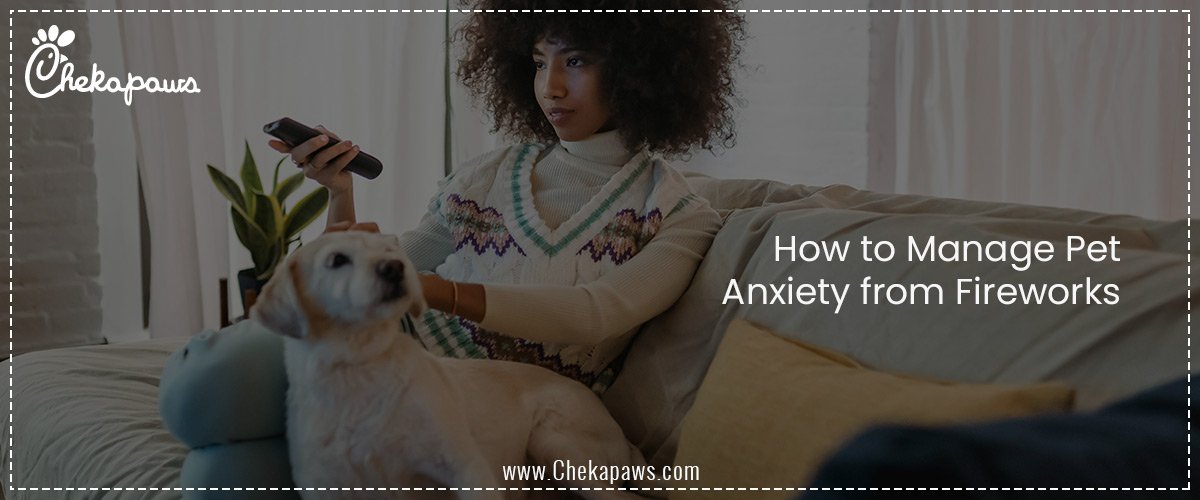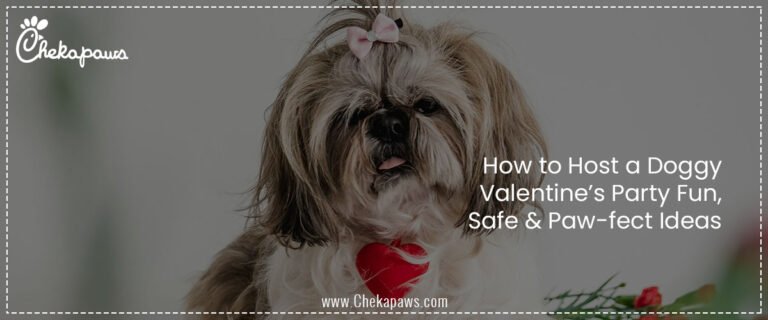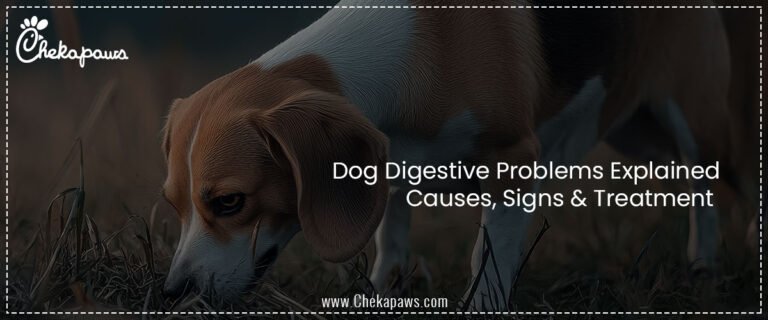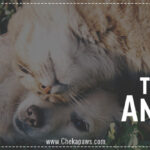I understand how difficult Diwali or any other festival that include fireworks is for our pets and all animals that live on the streets. Fireworks are typically associated with celebration, whether it is festivals, holidays, or the delight of noteworthy occasions.
However, those loud, unpredictable explosions might cause fear in our pets and animals living on street. Dogs may pant, shudder, or hide beneath objects. While small animals like guinea pigs or rabbits may freeze in fright, cats may disappear for hours.
In my experience, fireworks season causes a great deal of suffering for many pets and animals living on streets. Not only may these noises cause emotional anxiety, but they can also cause actual bodily side effects, such as wounds, digestive problems, or even attempts at escape. Fortunately, though, if you are prepared, understanding, and calm, you may make your pet’s experience considerably.
Table of Contents
Understanding Why Fireworks Scare Pets
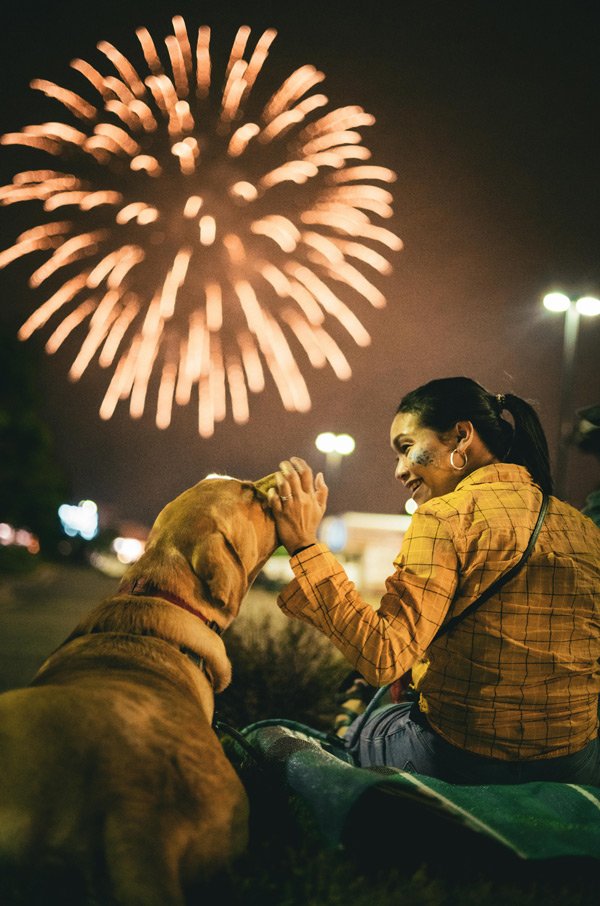
Sound Sensitivity
Cats and dogs can hear frequencies that humans cannot. For them, a sound that sounds like a “pop” to us can be a thunderclap. Animals’ sharp hearing is startled by the abrupt, harsh noises made by fireworks.
Unpredictability
The natural rhythm of fireworks is not the same as that of thunderstorms. Animals are unable to adjust or predict since the loud booms occur suddenly and randomly.
Scent and Vibration
Animals sense vibrations from fireworks in the air and on the ground. Additionally, some pets associate danger with the chemical odor of smoke and gunpowder.
The Evolutionary Reaction
From an evolutionary perspective, abrupt, loud noises frequently signaled danger, such as natural disasters or predators. The natural “fight-or-flight” response is still ingrained in the neural systems of pets.
Recognizing the Signs of Firework Anxiety
Although each pet responds differently, there are certain typical signs of anxiety and terror. Early detection of these enables you to act before panic worsens.
Dogs
- Shaking or trembling
- Avoiding or pursuing intimate touch
- Restlessness or pacing
- Barking, yelling, or whining
- Excessive drooling or panting
- Refusal of food.
- Escape attempts (scratching at windows, doors, or fences)
Cats
- Hiding in closets or beneath furniture
- Puffed tail or flattened ears
- Pupils that are dilated
- Going outside the litter box to urinate or defecate
- Refusal to leave for several hours
- Excessive grooming or aggression
Small Pets
- Not moving at all
- When rabbits thump
- Breathing quickly
- Refusal of eat or drink
Your pet is reacting out of deep fear if they show these behaviors; they are not being “naughty.”
Preparing Before the Fireworks Begin
The best defence you have is preparation. The first steps in managing pet anxiety begin days or even weeks before the fireworks season.
Desensitization Training
Introduce recorded firework noises to your pet gradually at low volume while providing positive reinforcement in the form of play, cuddles, or treats.
Gradually turn up the volume till your pet is still at ease. They are able to associate the sound with something pleasant thanks to this technique, which is called counter-conditioning.
Create a Secure Area
- Provide a peaceful, comfortable space for your pet to hide out in your house.
- Make use of toys, blankets, and objects that smell familiar.
- To prevent flashing lights, use curtains.
- To drown out the noise, turn on fans, white noise, or soothing music.
ID Check and Microchip
- Pets may run away out of fear. Make sure your pet has:
- A microchip containing the most recent contact details
- A tight-fitting collar and tag
- Windows, doors, and gates closed
Exercise and Feeding
Before the fireworks start, make sure your pet gets lots of exercise. A pet that is sleepy will be more relaxed and less prone to worry. Some animals feel more drowsy after eating, so feed them a substantial meal early in the evening.
Products for Calming
- There are a number of natural ways to lessen anxiety:
- Compression wraps that mimic an embrace are called thundershirts.
- Pheromone diffusers (Cats’ Feliway, Dogs’ Adaptil)
- Herbal medicines (just vetted chamomile and valerian root)
- Use only veterinary-grade and authorized dosages of CBD oil.
Consultation with a veterinarian
If your pet shows extreme anxiety, your veterinarian might suggest
- Prescription drugs (like alprazolam or trazodone)
- Professional desensitization programs or behavioral treatment
The Night of the Fireworks
The goal is to keep your pet secure, relaxed, and occupied when night falls.
If at all possible, stay at home – Stay with your pet if you can. Because animals look to their people for safety indications, your presence gives them comfort. Have someone they trust stay with them if you have to go out.
Close the drapes and windows – This lessens the sound and light bursts that might exacerbate anxiety.
Turn on some background music – To lessen the effect of explosions, use white noise, TV, or gentle classical music.
Continue to Act Normally – Avoid punishing or over-coddling your pet. Act regularly and speak gently, your composure lets them know there is no threat.
Provide Distractions – Offer them a frozen lick mat, a treat puzzle, or their favorite toy. They can distract themselves from the noise by keeping their minds occupied.
Prioritizing Safety
- Pets should be kept indoors and away from exits.
- Cats ought to have access to hiding places and litter.
- Dogs may hurt themselves attempting to escape, thus it is not advisable to tie them up or leave them in yards.
After the Fireworks: Recovery and Reassurance
Observe Behavior – Anxiety can persist even after the fireworks are over. For the next 24 to 48 hours, keep an eye on your pet’s eating, drinking, and behavior.
Comfort and Assurance – Allow your pet to approach you at their own pace. When they appear ready, play with them or give them gentle cuddles.
Encouragement and Support – Give your pet praise and treats when they begin to relax or become interested again. It enables them to link composure to positive results.
Clean Up Carefully – Clear any adjacent fireworks debris right away since expended pyrotechnics can contain chemicals that are dangerous if chewed or licked.
Take Note of Triggers – Note what did and did not work. You will eventually create a personalized strategy that best fits the temperament of your pet.
Long-Term Anxiety Management
Some pets have generalized noise phobia in addition to their fear of fireworks. Long-term methods aid in lowering anxiety that persists in these situations.
Expert Training – Your pet’s reaction to loud noises can be retrained with the assistance of a qualified animal behaviorist.
Regular Regularity – Stick to previous feeding, walking, and play routines. Pets feel safe when things are predictable.
Mental Exercise Every Day – Interactive activities, puzzle toys, and sniffing walks help them stay mentally engaged and less stressed.
Health and Nutrition – Neurological health is supported by a healthy diet and adequate fluids. Emotional stability can be enhanced by antioxidants, B vitamins, and omega-3 fatty acids.
Frequent vet checkups – Anxiety can occasionally be exacerbated by underlying medical issues such as pain, thyroid imbalance, or hearing loss. Frequent medical examinations aid in ruling out these reasons.
Myths About Firework Fear in Pets
Let’s debunk a few widespread myths that frequently cause more harm than benefit.
“They’ll adjust to it – Without sufficient desensitization, exposure can exacerbate anxiety rather than decrease it.
Completely disregard them – A scared pet may feel abandoned if they are ignored, even though it is not ideal to over comfort them. A good presence is one that is soothing and peaceful.
Everything is resolved by sedation – Strong sedatives don’t solve fear, but they can cover up symptoms. Use only veterinary-prescribed medicine in conjunction with behavior modification.
Pets are safe indoors – In a panic, even indoor pets may hurt themselves or run through windows. For every animal, safety preparation is important.
Special Considerations for Different Pets
Dogs
Because they are sociable creatures, dogs become more stressed when they are separated from their owners during fireworks. Safe dens (such as covered crates), peaceful companionship, and physical contact are all beneficial to them.
Cats
In times of stress, cats prefer to be alone. Be considerate of their hiding places and refrain from pressuring them. Soft lighting and diffusers of calming pheromones are beneficial.
Birds
Partially cover cages to make the space safer and darker. Avoid placing them near windows and provide calming music.
Small Pets (Rabbits, Guinea Pigs, Hamsters)
Cages should be moved indoors, near the ground. Play soft music or white noise, and provide extra bedding for burrowing.
Fish and Reptiles
Keep their tanks covered and away from window vibrations, even though they might not react immediately.
Natural Remedies and Alternatives
These natural (always veterinarian-approved) alternatives can provide gentle support if you prefer alternative approaches:
Fragrances – Essential oils like lavender, chamomile, or valerian (never applied directly to pets; only in diffusers) help reduce anxiety.
Herbal Supplements – Herbs that promote relaxation, such as passionflower or skullcap, may be beneficial, but only under a doctor’s supervision to prevent toxicity.
Therapy with Massage – A light pet massage can encourage calm and reduce heart rate.
Using acupressure or acupuncture – These techniques help in rebalancing stress reactions and are used in veterinary integrative medicine.
Fireworks-Free Fun: Safe Alternatives for Celebration
If you enjoy gatherings but dislike seeing your cat frightened, think about these other options
- Instead of loud fireworks, use drone displays or laser light shows.
- Some places offer silent pyrotechnics that focus on light rather than sound.
- Parties inside that include music and gifts your pet likes.
- More important than noise and show is your pet’s comfort and safety.
Stories of Hope: Pets Who Overcame Firework Fear
After seeing their pets’ regular fright, many owners give up, yet there are plenty of success stories.
- Luna the Border Collie, once terrified of fireworks, overcame her fear through gradual desensitization combined with a Thundershirt and soft music.
- Milo the cat learned to relax in his dark “safe closet” after pheromone diffusers and a calming spray routine.
- Short-term medicine and long-term counter-conditioning helped Charlie, the rescue dog, find serenity, showing the success of patience and persistence.
When to Seek Professional Help
It’s time for professional help if your pet’s anxiety results in serious anxiety, self-harm, or destructive behavior.
Trainers, veterinarians, and behaviorists can work together to create a personalized anxiety treatment strategy.
Key Takeaways
Fear of fireworks is natural and genuine, it is not a sign of disobedience.
- Start early, preparation is key.
- Create a serene, secure atmosphere.
- Avoid punishment or forced exposure.
- Veterinarian-approved treatments and professional assistance can have a profound impact.
- Since each pet is different, tailor your strategy.
Conclusion
It’s important to build trust between you and your pet in order to help them deal with firework phobia. Your cat or dog is letting you know they trust you to keep them safe when they curl up in your lap or hide behind your knees.
Firework season can be turned from a nightmare into a time of safety and comfort if you have the correct tools, patience, and compassion. Your tranquil presence is the best firework-free light your pet would ever require. Keep in mind that you are their entire world.
